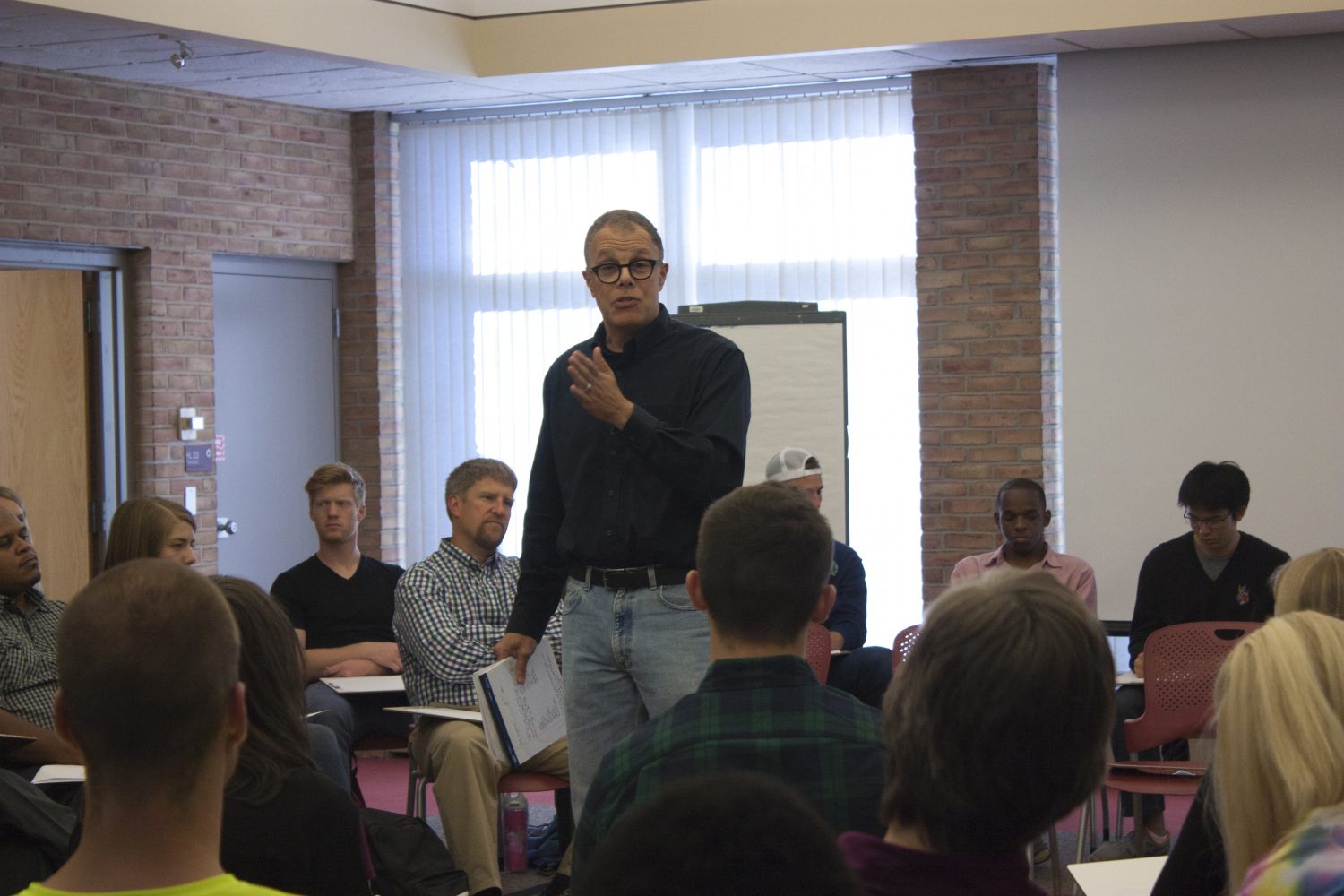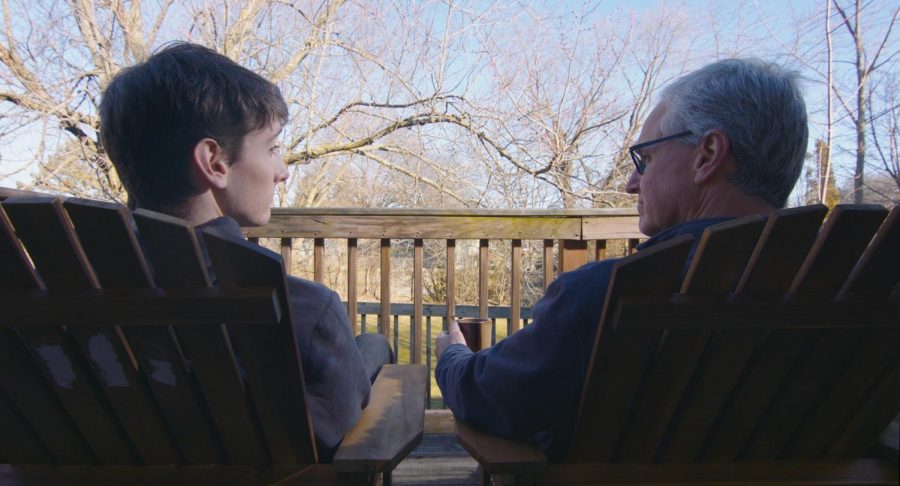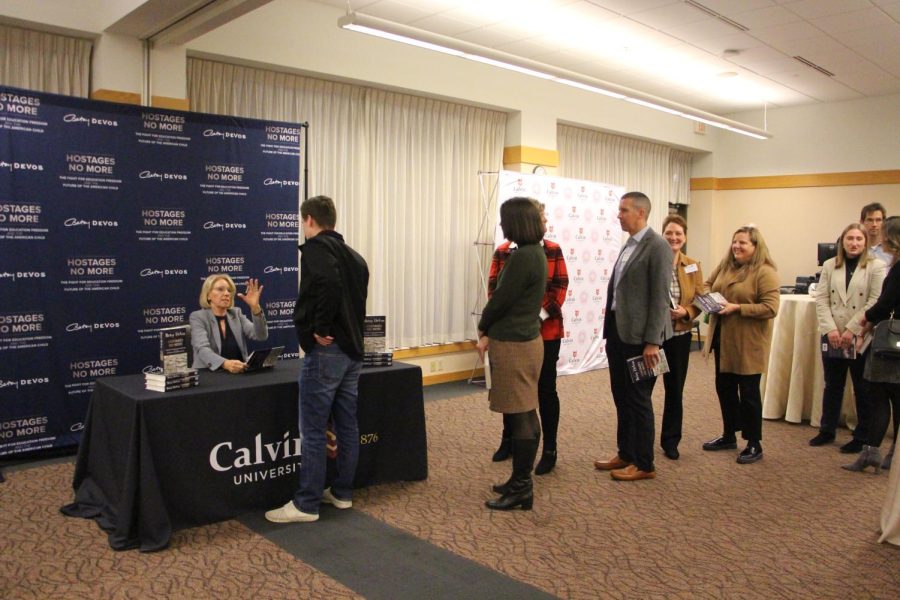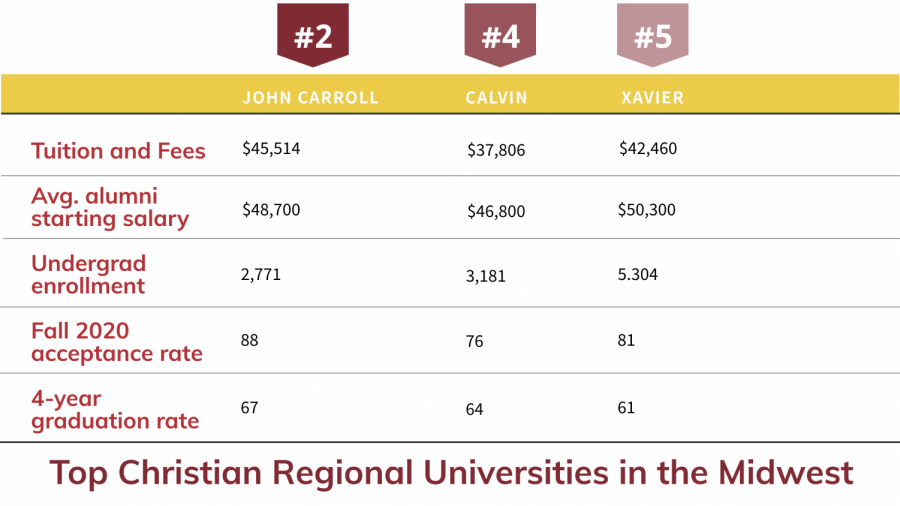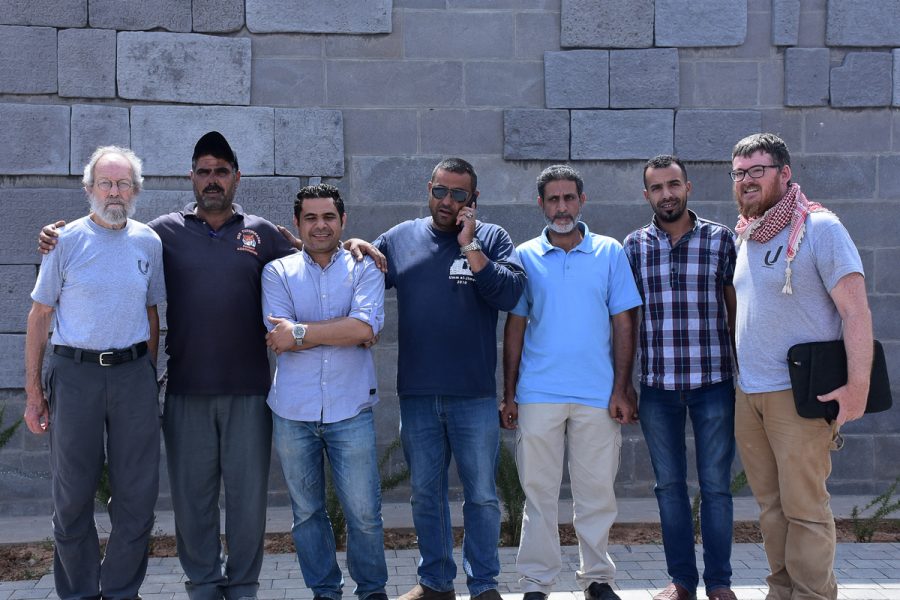Incognito, a word typically associated with a purposely hidden identity, takes on a new meaning in Michael Fosberg’s one-man play of the same name.
Receiving world-flipping news instantly uncloaks Fosberg’s guise as just another white Chicago man and challenges him to seek out his new identity.
“Incognito” invites the audience to closely consider their own lives and encourages them to have conversations about how race and culture have shaped our identity, both in positive ways and in ways that we regret.
Fosberg’s story, like any good story, is a journey. His is a journey in pursuit of identity, represented by his birth father and the culture and race that he belongs to.
Fosberg was raised as a white child by an Armenian immigrant mother and a white adoptive father in a working-class neighborhood.
While he acknowledged that he always “had one piece missing,” due to the absence of his biological father in his life, it was not until his mother and adoptive father divorced that he actively sought out his missing piece. What he discovered was a fact that his mother never mentioned in his 30 years of life: his father was black.
In a matter of months he was whisked from babbling on the phone with his father to reuniting with his grandparents and being welcomed into the larger African-American community.
The anecdotes of this experience were humorous, touching and thought-provoking as the audience traveled with Fosberg through his journey of racial identity.
Upon discovering his previously unknown identity as a black man, Fosberg said that he was made to think of the “what ifs” and “if onlys” that accompanied the idea of how drastically different his life could have been had his skin pigment been a few shades darker.
After revealing that he is black, he asked the audience, “did your perception of me change?”
As he delves deeper into his identity as a black man, Fosberg is confronted with the dichotomy of the two cultures from which he has come. Facing the struggle that many people of multiple races encounter, he feels somewhat caught between two worlds, without completely belonging to either.
While longing to become completely enveloped in his newly discovered heritage, Fosberg is forced to realize that because of his white upbringing, he has not had to deal with the daily discrimination or any of the other negative experiences that come along with being African-American. But, as Fosberg poignantly put it, “does that make me any less black?”
However, instead of being held back by his two different identities, Fosberg employs an analogy regarding biracial individuals with which I really resonated. He explained that those who are biracial have the unique opportunity to act as bridges between two races and increase understanding between both groups.
In a week dedicated to eliminating prejudices and transforming mindsets about race, Fosberg set up an excellent starting point for conversation on how race is both an expansive and limiting agent in defining who we are as individuals.
While it adds a layer of texture to who we are, it shouldn’t be the only thing that we are defined by. Instead, according to Fosberg, it gives us an opportunity to experience a unique part of the world.




